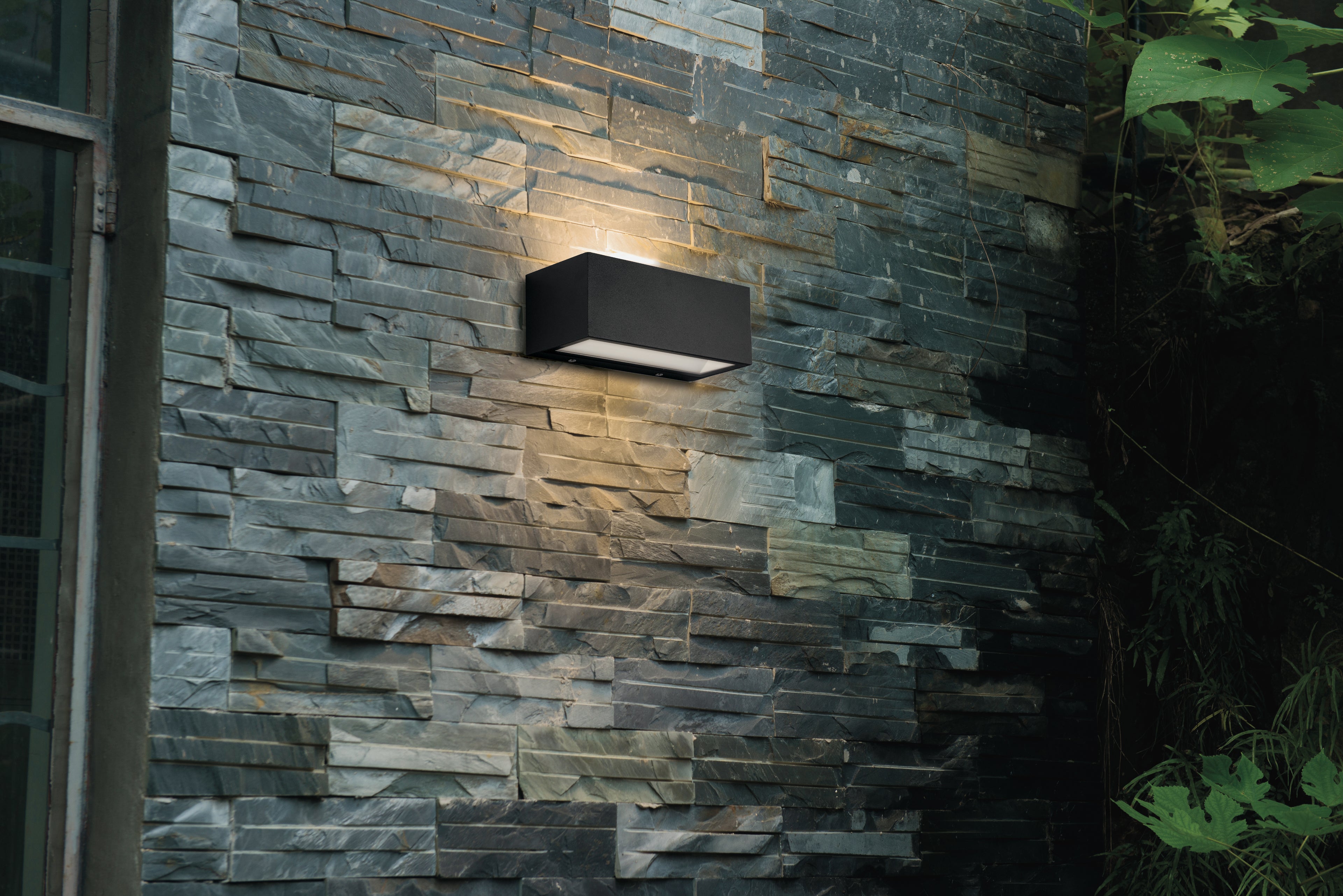Light emitting diodes (LEDs) are the most energy efficient lighting technology.
Moreover, this lighting system is developing rapidly and always offers new options to make your rooms more comfortable and pleasant to live in.
LEDs therefore seem to be a perfect solution not only for domestic lighting design, but also for work spaces.
But do you really save money with LED lamps? And why?
Continue reading our article: we will answer these questions and also give you valuable advice for choosing your LEDs.
How does an LED light work?
LEDs produce light through the use of a semiconductor that emits light energy when an electric current is passed through it.
The reason why LED lamps are so energy efficient compared to "old style" bulbs is that they lose very little heat.
Traditional incandescent light bulbs, for example, convert less than 5% of their energy into light while the rest is lost as heat.
Plus, LED bulbs are even more efficient than CFL (compact fluorescent) bulbs because they turn on instantly at full brightness.
Think in Lumens, not Watts
Contrary to common belief, wattage is not an indication of brightness but a measure of how much energy the bulb draws.
The measurement of light output is expressed in a unit called Lumen.
To give you an example, a standard 40W bulb will produce a light output of approximately 440-460 Lumens. The same type of 60 W bulb will produce about 800-850.
It follows that if you want to have more light with a traditional bulb, you need more Watts and therefore consume more.
LED bulbs, on the other hand, allow you to get the same Lumens as a 40W incandescent bulb but with a power of only 4-10W.
So if you had 10 light bulbs of 40W each, all turned on at the same time, they would use 400W of energy in one hour.
The LED equivalent would be just 40W.
As you can see, this means an energy saving of around 90%, which can significantly reduce your bill.
This is because LEDs are designed to be as efficient as possible without compromising the quality of the light they emit.
Effective cost of an LED lamp
True, LEDs tend to be more expensive to buy.
LEDs are more expensive than traditional incandescent bulbs but still save you money because:
- they last longer
- they have very low energy consumption
As we have already explained to you, LEDs consume up to 90% less energy but we have not yet told you that they also last up to 25 times longer than standard bulbs.
How come?
The claimed life of an LED light is between 10,000 and 50,000 hours, depending on its quality and how it is used.
Typical incandescent bulbs last 1,000 to 2,000 hours.
So expect to get at least 15 times more usage from your LED lamp.
Since this type of lighting lasts much longer and reduces your electricity bill, you should soon see a return on your investment.
Beyond LEDs, what to do to save money
LED technology is available in many types of lighting products. Some are dimmable or offer useful features such as motion sensors or automatic shut-off.
In addition to having efficient lighting, you can consider using controls such as timers and dimmers to save on electricity consumption.
Timers automatically turn lights off when not in use while you can use dimmers to dim the light levels.
Choose products that are compatible with the LED bulbs you have installed or want to use.
For your outdoor lights, if you want maximum savings, look for fixtures designed specifically for the outdoors and equipped with functions such as automatic daylight shut-off and motion sensors.
One last point: if turning the light on/off is really important in your home, then you might want to consider smart LED bulbs.
You can control them via the App from your phone and also via your favorite voice assistant, for example by saying: "Alexa set the lights to 20%".
Save with Black Friday!
With FT Group Black Friday you get 50% discount on the Lighting category (discount code BF2022L) and 45% on the Home Accessories category (discount code BF2022H).
Only until 11/28
Quite a savings right?





















